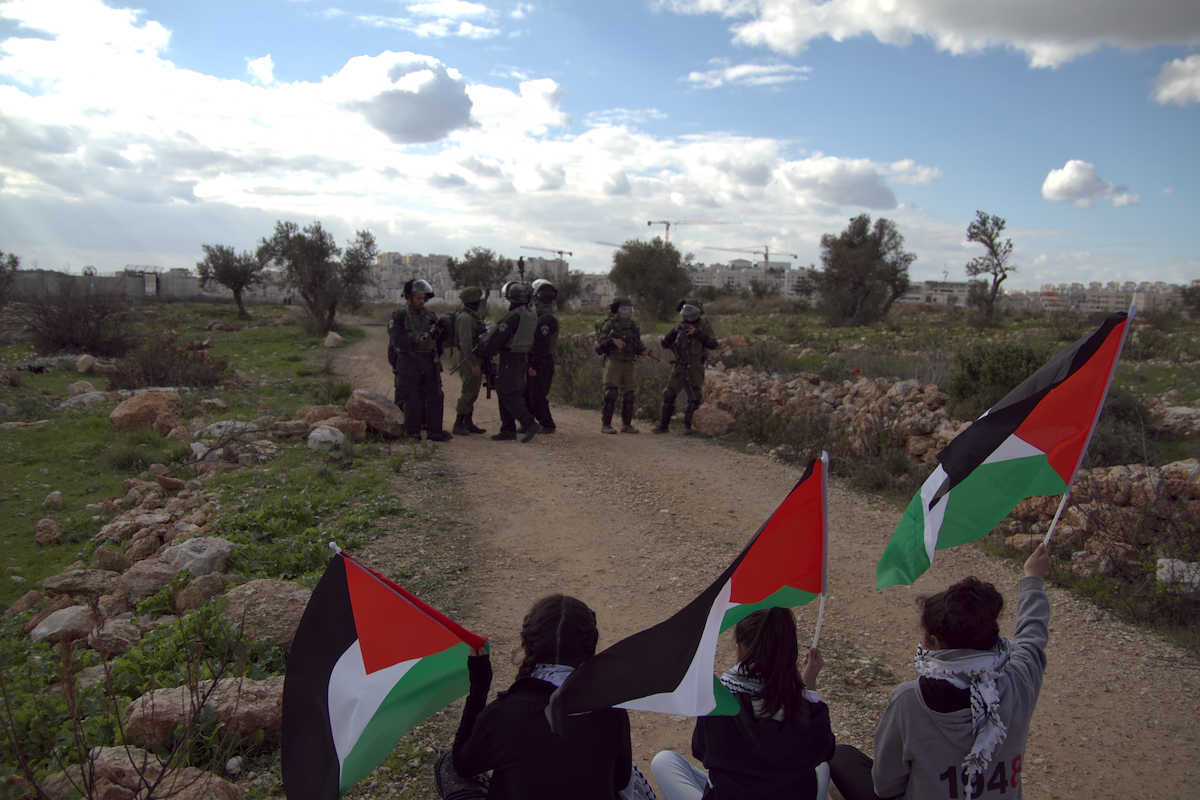-
Sumud: Palestinian for endurance
22nd February 2017 | International Solidarity Movement, al-Khalil team | Hebron, occupied Palestine As a second time ISMer I write a blog for friends and supporters back home (at salamfrombetty.tumblr.com if you would like to follow). I asked for questions from my readership and I got this from my friend Rachel: How are you coping […]
-
2017 Open Shuhada Street Hebron Schedule
Against Settlements will use culture, creativity, and resistance for its annual Open Shuhada Street campaign February 19-25. Campaign schedule: February 19 Start of the open shuhada street campaign in Hebron 18:00 Candle lighting by children from Hebron’s old city. February 20 16:00 Campaign participants will visit Shuhada Street families living under the most extreme conditions. February […]
-
12th anniversary of the popular resistance in Bil’in
18th of February, 2017 | International Solidarity Movement, Ramallah team | Bil’in, Occupied Palestine The 17th of February marked the 12th anniversary of the popular resistance of the people of Bil’in against illegal Israeli settlements and the apartheid wall. Throughout these 12 years there have been protests every week by the people of the village, […]
Action Alert An Nabi Saleh Apartheid Wall Arrests BDS Bethlehem Bil'in Cast Lead Demonstration Denial of Entry Ethnic Cleansing Farmers Gaza Global Actions Hebron House Demolition International law Israeli Army Jerusalem Live Ammunition Nablus Ni'lin Prisoner Ramallah Rubber-coated steel bullets Settlement Settlers Settler violence Tear-Gas Canister Video


